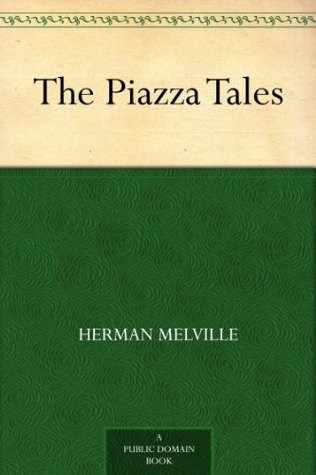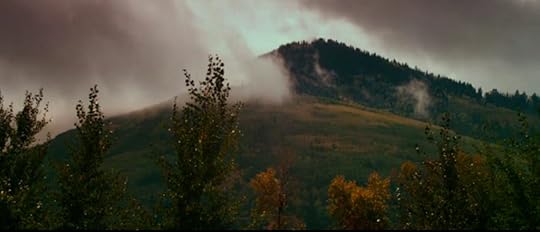What do you think?
Rate this book


360 pages, Kindle Edition
First published January 1, 1856





”Ah this slavery breeds ugly passions in man.”
”But spite of my treatment, and spite of my dissuasive talk of him to my neighbors, the Lightning-rod man still dwells in the land; still travels in storm-time, and drives a brave trade with the fears of man.”
”Their bodies are grotesquely misshapen; their bills short; their feet seemingly legless; while the members at their sides are neither fin, wing, nor arm. And truly neither fish, flesh, nor fowl is the penguin; as an edible, pertaining neither to Carnival nor Lent; without exception the most ambiguous and least lovely creature yet discovered by man. Though dabbling in all three elements, and indeed possessing some rudimental claims to all, the penguin is at home in none. On land it stumps; afloat it sculls; in the air it flops. As if ashamed of her failure, Nature keeps this ungainly child hidden away at the ends of the earth, in the Straits of Magellan, and on the abased sea-story of Rodondo.”